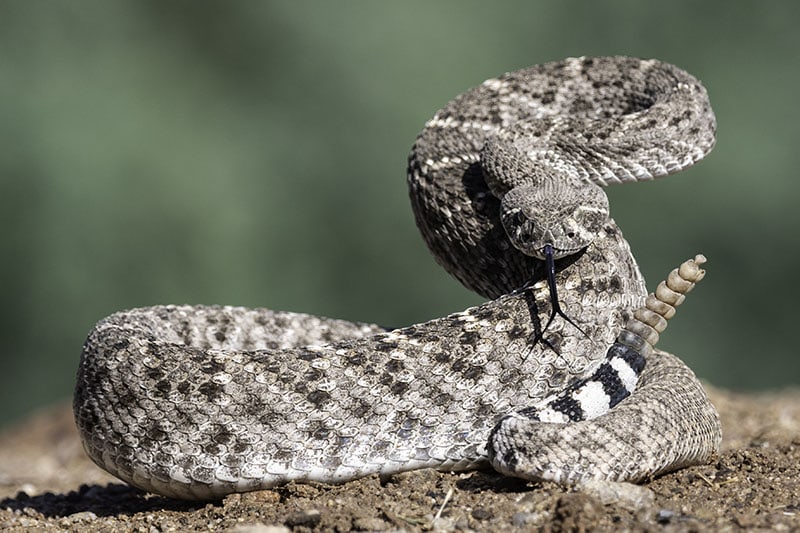The Difference Between Veterinary Urgent Care & Emergency Care
If your pet becomes ill or injured outside of your primary vet's hours or on a holiday, you may need to bring your pet to the hospital for urgent or emergency care. In today's post, you can learn about the differences between emergency veterinary care and urgent care.










